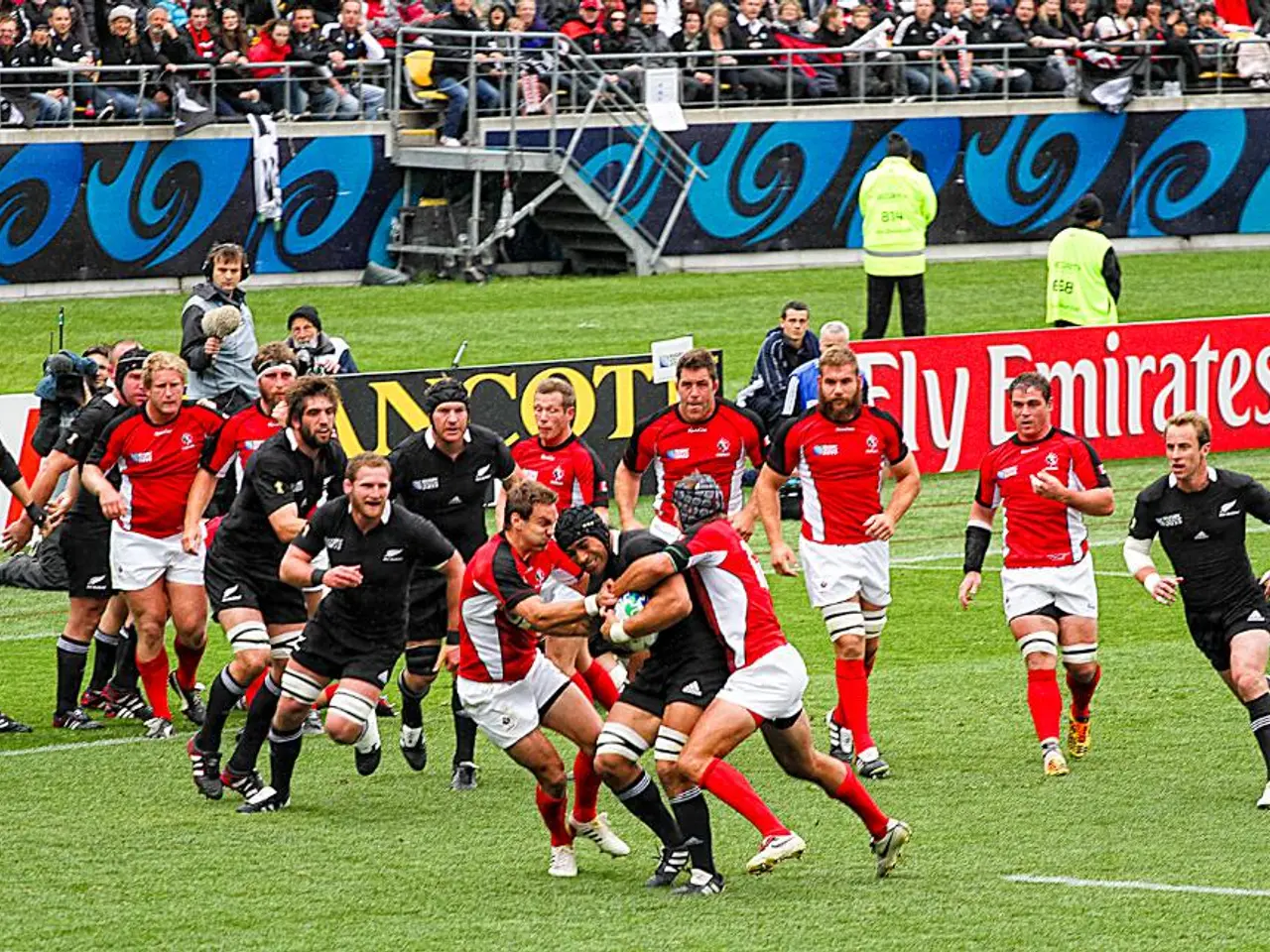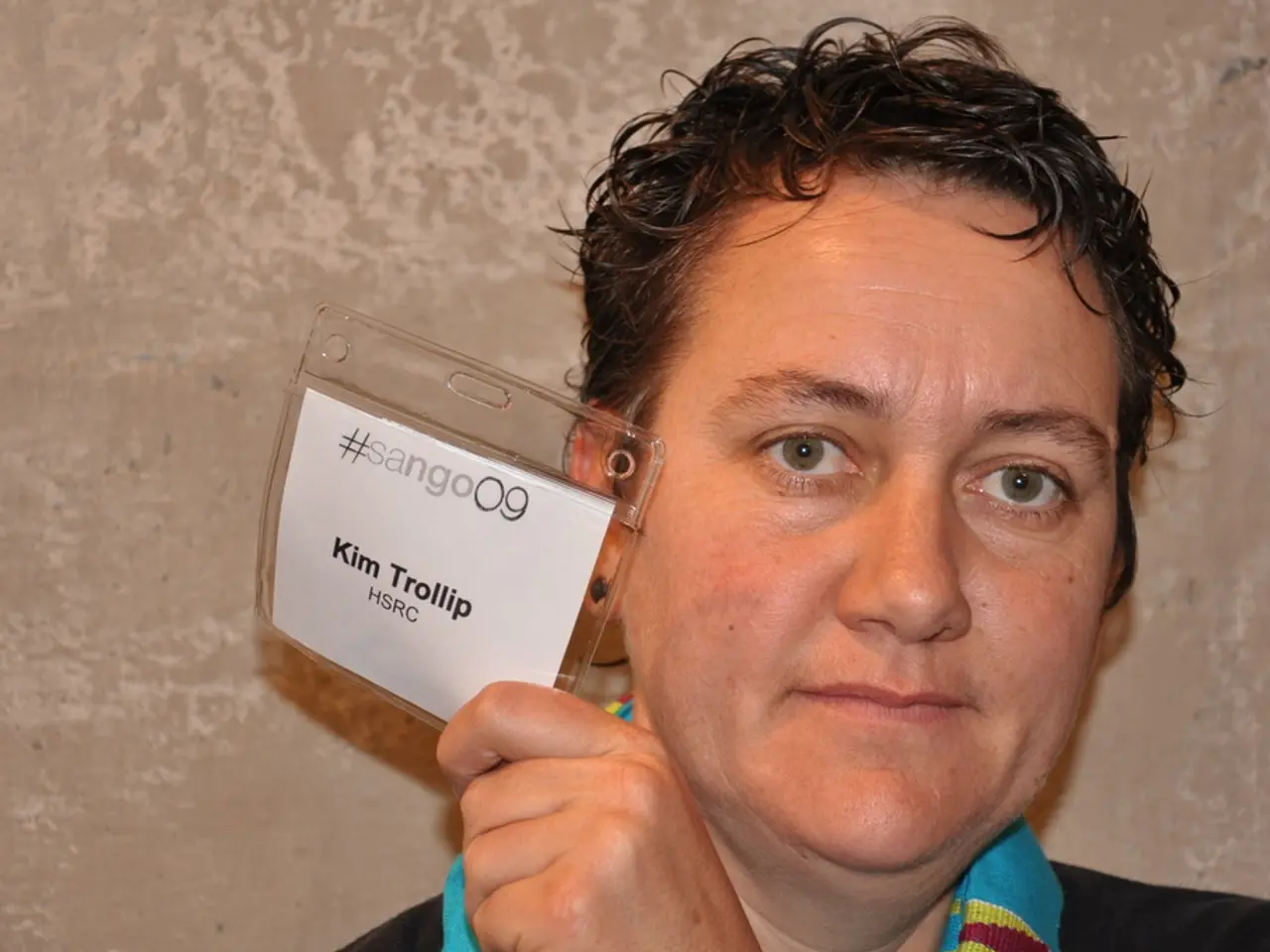Escalating online gambling problem in the Philippines prompts demands for a prohibition
In response to rising concerns about online gambling addiction, particularly among minors, the Philippines has recently introduced several legislative and regulatory initiatives aimed at curbing the problem and protecting vulnerable populations.
## Key Legislative Proposals
One of the most prominent bills is the Anti-Online Gambling Act of 2025, proposed by Senator Juan Miguel “Migz” Zubiri. This bill aims for a blanket ban on all forms of online gambling, encompassing digital betting platforms, mobile apps, and websites that allow remote wagering. The bill seeks to shut down licensed online betting platforms, require internet service providers (ISPs) and mobile carriers to block access to illegal online gambling sites, and impose penalties on violators, including ISPs and payment platforms that facilitate online gambling.
Another bill, the Kontra e-Sugal Act of 2025 (House Bill 1351), proposed by House Representative Chel Diokno, among others, seeks stricter regulation rather than an outright ban, focusing on harm reduction and public health. The bill aims to reduce the social costs of online gambling, protect minors, and support those affected by gambling addiction. It proposes measures such as imposing a 10% tax on online gaming revenue to fund problem gambling resources, banning most online gambling advertisements, and prohibiting the use of e-wallets for online gambling transactions.
## Additional Regulatory Actions
The Philippine Amusement and Gaming Corporation (PAGCOR), the regulatory body, has launched the PAGCOR Guarantee website to help the public verify if an online platform is properly licensed, enhancing transparency and trust in the industry. The Department of Finance is considering new tax policies and tighter rules for the online gaming sector, including restrictions on who can access these platforms.
Senator Risa Hontiveros has also filed a bill to tighten online gambling policies, including banning the linking of gaming platforms to e-wallets and super apps, and setting a minimum betting age of 21 with strict identity verification requirements.
## Impact of the Crisis
Seven in ten clients treated at the network of centres are battling online gambling addiction, indicating a significant impact on the population. The pandemic has led to a surge in the use of mobile betting apps, potentially exacerbating the gambling addiction problem.
The filing of these bills is a recent development, occurring just days into the new Congress. The crisis of online gambling addiction is affecting individuals from various backgrounds and is particularly concerning due to the involvement of minors. The rise in enrolment for gambling treatment at Bridges of Hope suggests a growing issue, and Ty, a concerned individual, has identified the national problem of online gambling addiction.
These initiatives reflect a multi-pronged approach to addressing the negative impacts of online gambling, especially targeting the risks to minors and those vulnerable to addiction. Both outright bans and stricter regulatory frameworks are currently under debate in the Philippine legislature.
The Anti-Online Gambling Act of 2025, proposed by Senator Migz Zubiri, envisions a ban on all forms of online gambling, including digital betting platforms, mobile apps, and websites that allow remote wagering, aiming to shut down licensed online betting platforms and impose penalties on violators. In contrast, the Kontra e-Sugal Act of 2025, proposed by House Representative Chel Diokno, advocates stricter regulation rather than an outright ban, focusing on harm reduction and public health, and proposes measures like imposing a tax on online gaming revenue to fund problem gambling resources.




